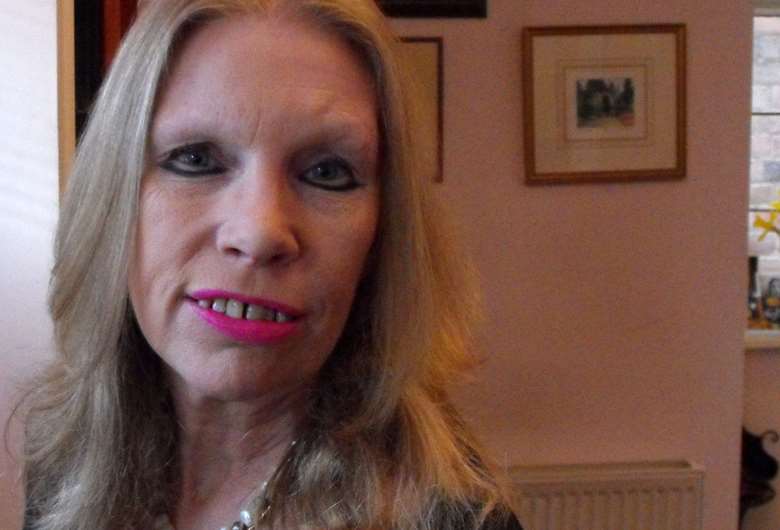The early years - a chance to get it right for life
Helen Clark
Monday, March 9, 2015
Chair of the working group from the All-Party Parliamentary Group on a Fit and Healthy Childhood, and lead author of its report,'The Early Years'

As a general election approaches, consensus is growing around the need for politicians to devise policies that will prioritise the early years of a child’s life. The All Party Parliamentary Group on A Fit and Healthy Childhood is keen to contribute to that debate with the publication of our new report ‘The Early Years’.
In this wide-ranging study, covering (among other issues) antenatal mental health and wellbeing, early feeding, weaning and child nutrition, the training needs of the early years workforce, play, sleep and the potentially devastating impact of socioeconomic inequalities, we argue that the early years offer Government the chance to ‘get it right’ for the next generation. No matter what a child’s family circumstances may be, this opportunity is real because at no other time - span in the life course will so many professionals, disciplines and agencies interact with families and children. It is essential for the future of society that these actions are well-co-ordinated, inter-disciplinary and therefore beneficial.
Just as a good start in life will set a child on the path to health, happiness and wellbeing, adverse early experiences can cast a shadow long after childhood days are spent. The children of mothers who smoke in pregnancy run an increased risk of numerous chronic diseases in later years; neglected children are prone to low self-esteem and learning disabilities and subjecting a young child to verbal abuse can impact upon the brain in the area processing language and speech. Illiteracy is known to have strong links in adult life with unemployment, interaction with the criminal justice system and episodes of poor mental health and the cumulative effect of adverse experiences will have intergenerational implications.
Prevention beforehand rather than action afterwards clearly makes sense and here the role of the early years’ workforce becomes pivotal:
‘The Early Years teacher ( 0-5) can have a vital role in forging a new future for the youngest children who have suffered harm or are likely to do so. They are professionals who have a professional standard to meet in relation to safeguarding; they understand about the importance of wellbeing and they have excellent knowledge about how children grow and develop. Furthermore, they understand about the importance of safe environments, are able to advocate on behalf of children and work with parents/carers and in multi-professional contexts.’(Dr Eunice Lumsden, the University of Northampton).
However, such expertise must be harnessed and channelled towards those who need it most. The All Party Parliamentary Group on A Fit and Healthy Childhood therefore contends that the best way to do this is via a new single Government department for Children and Family Life, headed by a cabinet minister for children with a remit to drive and co-ordinate inter-departmental initiatives.
A Government with an eye to the future rather than counting the social and financial costs of past mistakes will concentrate resources in the early years, increase multi-professional training, audit and revision for integrated service provision to children and families and ensure that national and local early years’ initiatives in public health, social care and education dovetail. Above all, a wholehearted commitment to a prevention agenda across the life course of children and families must supersede political and sector-based ideology.
The best start in the early years is the nearest possible indicator of positive outcomes throughout the rest of life and just as every child will benefit if we ‘get it right’, so the tragedies of individual children will not be confined to families in isolation.
In a few months’ time, a new Government will have many competing policy options in its in-tray, but it can have no more pressing agenda than the welfare of the nation’s children.
Investing in the early years means putting faith in the future, and by safeguarding our children, an enlightened Government will be safeguarding society for one and all.
- Helen Clark is an educational assessor, public affairs consultant and former Labour MP (Peterborough 1997-2005). She is the author of ‘The Early Years’ and ‘Healthy Patterns for Healthy Families’.
The All-Party Parliamentary Group on a Fit and Healthy Childhood is chaired by Baroness (Floella) Benjamin of Beckenham.




